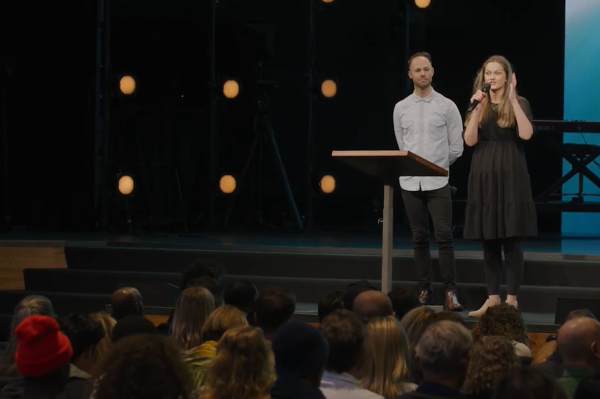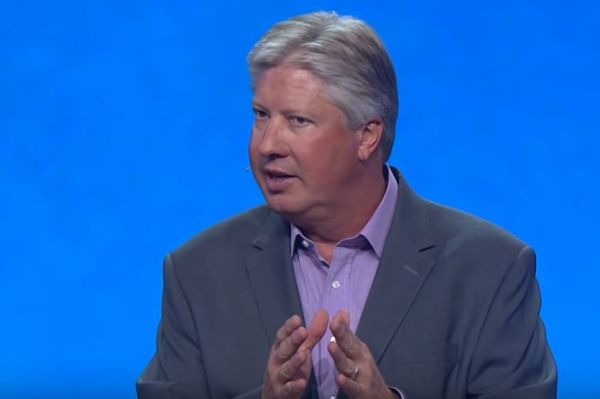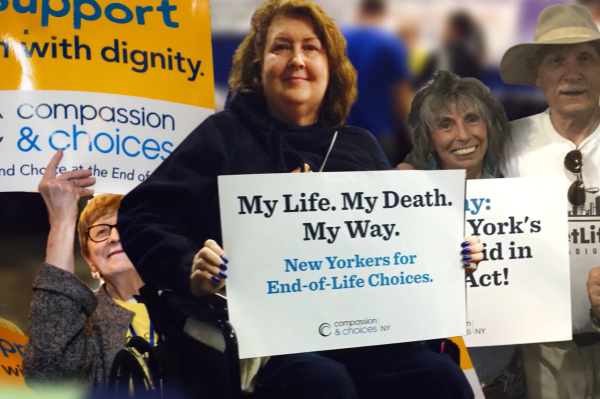South Carolina Supreme Court says 6 church properties don't have to be returned to Episcopal Church
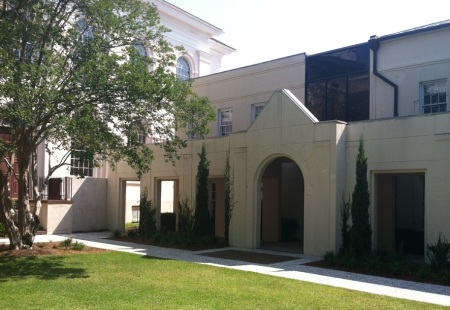
The South Carolina Supreme Court has lowered the number of church properties that a breakaway diocese must return to The Episcopal Church.
In April, the state supreme court ordered the breakaway diocese, which is now affiliated with the Anglican Church in North America, to hand back 14 properties.
In an opinion issued last Wednesday, the state's highest court reduced the number of church properties that the diocese must return to The Episcopal Church to eight.
According to the state supreme court, six parishes had successfully amended their bylaws not to have had their properties held in trust with the national denomination.
As a result, The Episcopal Church could not rightly claim to own their properties under South Carolina law, allowing them to stay with the breakaway Anglican diocese.
Bishop Chip Edgar, head of the Anglican diocese, said in a statement that he is "grateful" for the six properties coming back but also "saddened" over those congregations that lost their properties.
"We now have a clearer sense of who will need our support as they move into temporary facilities and plan for a re-planted future," he stated.
"Please be thinking about the ways you and your congregation will come alongside to offer support. We, together, are the Anglican Diocese of South Carolina and we have an opportunity now to live that out in tangible ways."
Bishop Ruth Woodliff-Stanley of the Episcopal Diocese of South Carolina said she was "very disappointed" with the ruling.
"I am keenly aware of the many connections across our diocese to the six churches that were referenced in the Court's decision. The cost to all of our communities is significant, particularly to those with direct links to these churches," said Woodliff-Stanley in a statement.
"These are the houses of worship that many Episcopalians have called a spiritual home for generations. For those of you for whom this is the case, I grieve the potential loss of these church homes."
Woodliff-Stanley is "convinced that the God who began a good work among us, will continue to strengthen us and make our diocese flourish."
"We have a future filled with hope rooted in the love, mercy, and justice of our Lord and Savior Jesus Christ. I am excited to continue this journey with you," she added.
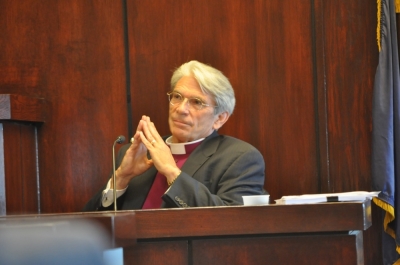
In November 2012, the South Carolina Diocese voted to leave The Episcopal Church due to the increasing acceptance of homosexuality in the mainline denomination and the reported mistreatment of then-Bishop Mark Lawrence.
Years of litigation began in January 2013 and centered on who rightly owned the diocesan name, trademarks and property said to be valued at around $500 million.
In 2017, the South Carolina Supreme Court ruled that at least 29 of the 36 church properties belonged to the national denomination rather than the breakaway diocese.
However, South Carolina Circuit Court Judge Edgar Dickson issued an order in 2020 arguing that each parish owned their properties because they were not held in trust by The Episcopal Church.
Dickson, assigned to enforce the state supreme court ruling, applied "neutral principles" to the case, arguing that property records determine ownership of a facility.
"This is a property matter, and the title holders are the owners of their property as set forth in their deeds. There is no clear, convincing evidence of an expressed or constructive trust applicable to any parish," Dickson ruled.
"IT IS THEREFORE ORDERED that the thirty-six Plaintiff Parishes be, and hereby are, declared and affirmed as the title owners in fee simple absolute of their respective parish real properties, with improvements thereon and their accompanying personal property."
In April, the state supreme court initially ruled that 14 properties had to be returned to the national denomination, while 15 parishes could remain with the breakaway diocese.
According to the April ruling, the 14 properties had not sufficiently shown that they were independent of the national denomination's trust clause for church properties.











